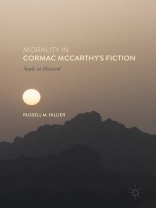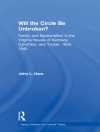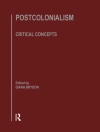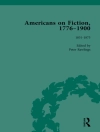This book argues that Mc Carthy’s works convey a profound moral vision, and use intertextuality, moral philosophy, and questions of genre to advance that vision. It focuses upon the ways in which Mc Carthy’s fiction is in ceaseless conversation with literary and philosophical tradition, examining Mc Carthy’s investment in influential thinkers from Marcus Aurelius to Hannah Arendt, and poets, playwrights, and novelists from Dante and Shakespeare to Fyodor Dostoevsky and Antonio Machado. The book shows how Mc Carthy’s fiction grapples with abiding moral and metaphysical issues: the nature and problem of evil; the idea of God or the transcendent; the credibility of heroism in the modern age; the question of moral choice and action; the possibility of faith, hope, love, and goodness; the meaning and limits of civilization; and the definition of what it is to be human. This study will appeal alike to readers, teachers, and scholars of Cormac Mc Carthy.
Spis treści
Chapter 1.- Introduction.- Chapter 2. “Give the Devil His Due”: Judge Holden’s Design in Blood Meridian.- Chapter 3. “Antic Clay”?: The Competing Ethical Appeals of Blood Meridian.- Chapter 4. “A Knowing Deep in the Bone”: Cowboy Stoicism and Tragic Heroism in All the Pretty Horses.- Chapter 5. “Like Some Supplicant to the Darkness Over Them All”: The Good of John Grady Cole in Cities of the Plain.- Chapter 6. “Nothing is Crueler Than a Coward”: No Country for Old Men and The Counselor as Tragic Fables of the Contemporary Southwest.- Chapter 7. Coda — The Good of Story in The Road.- Bibliography.- Index.
O autorze
Russell M. Hillier is Associate Professor of English at Providence College, Rhode Island, USA. He is the author of
Milton’s Messiah (2011) and has published numerous scholarly articles on William Shakespeare, John Milton, John Donne, George Herbert, Samuel Taylor Coleridge, John Keats, Fyodor Dostoevsky, and Cormac Mc Carthy.












